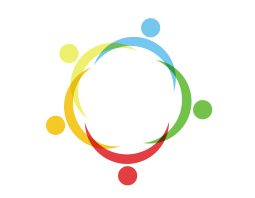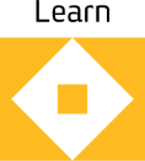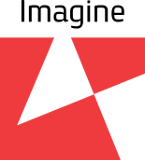The Urban Innovation Lab is a platform developed by Education Cities, which has been inspired by the international innovation-lab model for development and implementation of innovative approaches in urban/municipal systems.
In the Innovation Lab, participants set out on a journey of learning and development of groundbreaking programs and attempt to implement them in the field. The lab enables participants (municipal officials, education people, business representatives, and others) to learn, design, and implement innovative solutions for the challenges they face. As a result, a support group forms in the lab, which is comprised of individuals with passion for a change and for a search for solutions, who are eager to learn in a network, by experience, and by sharing.







